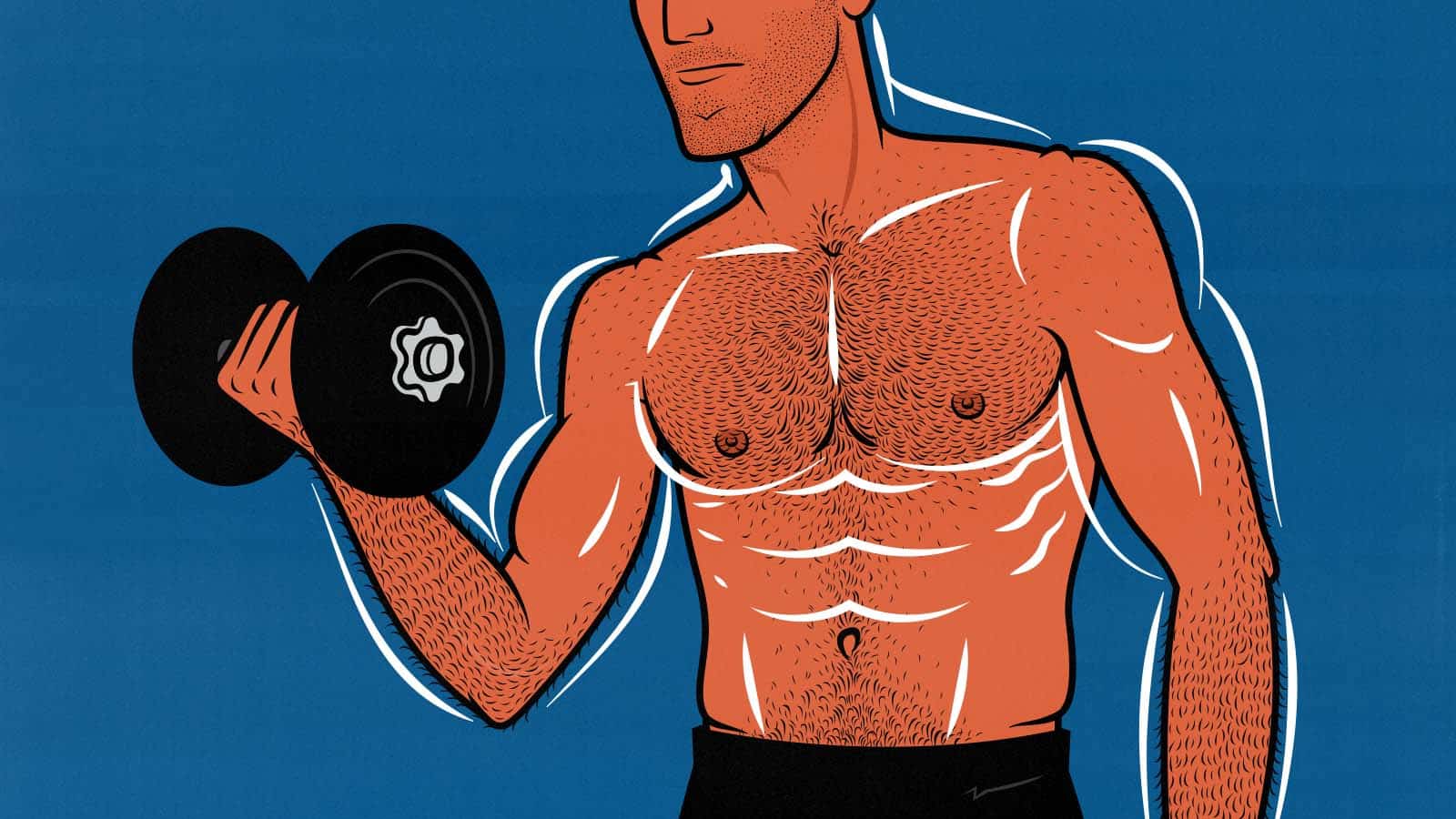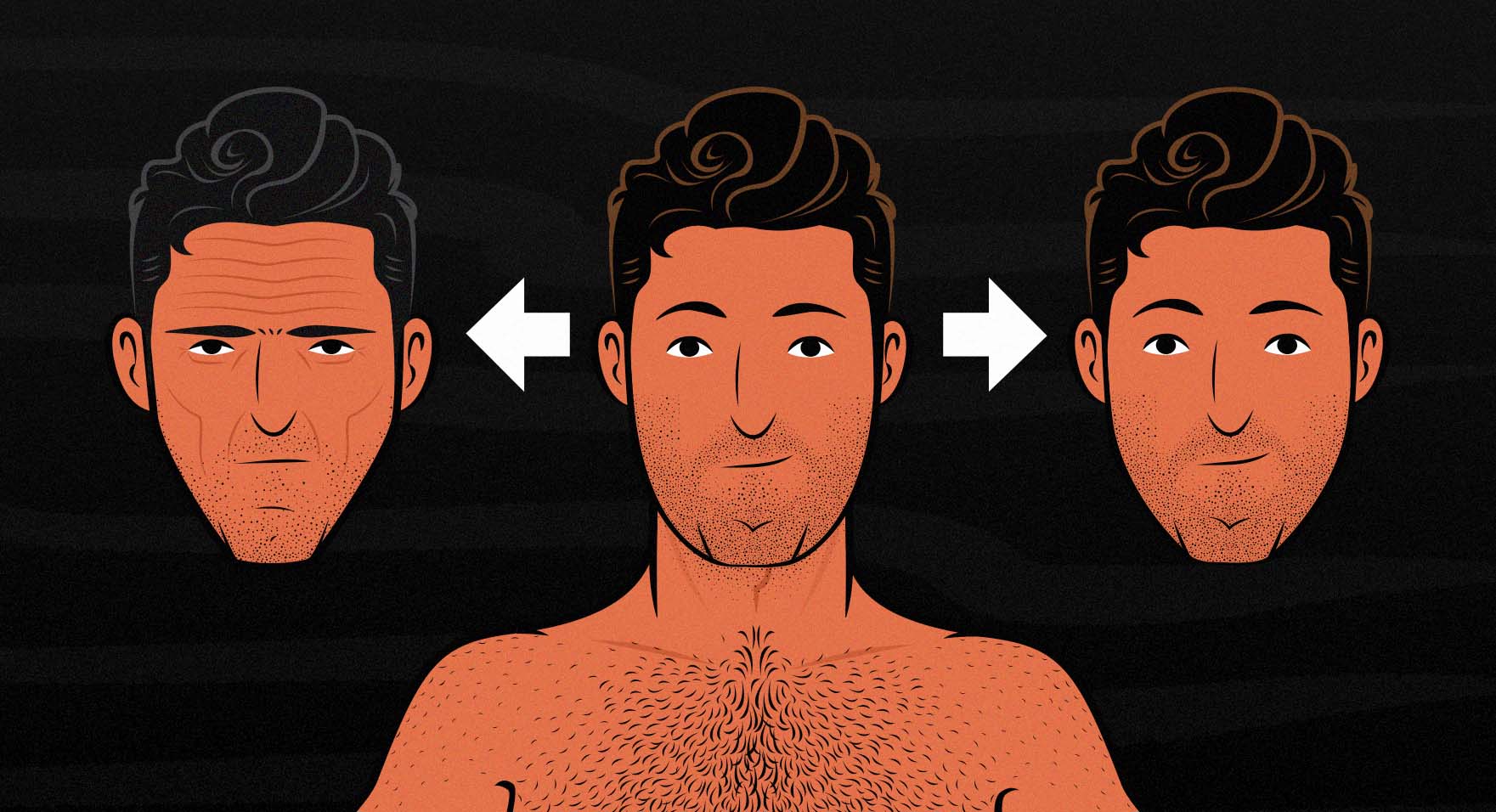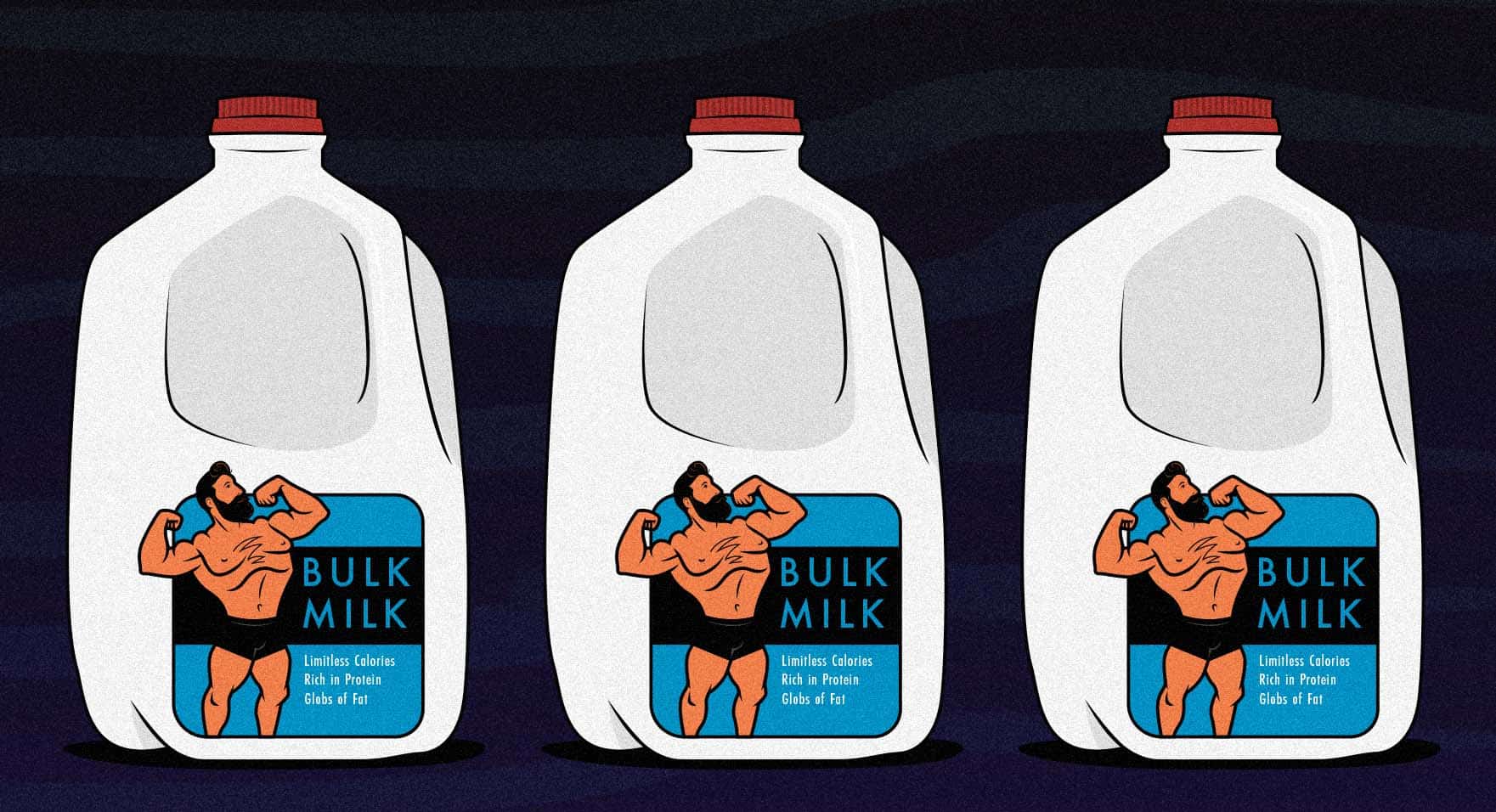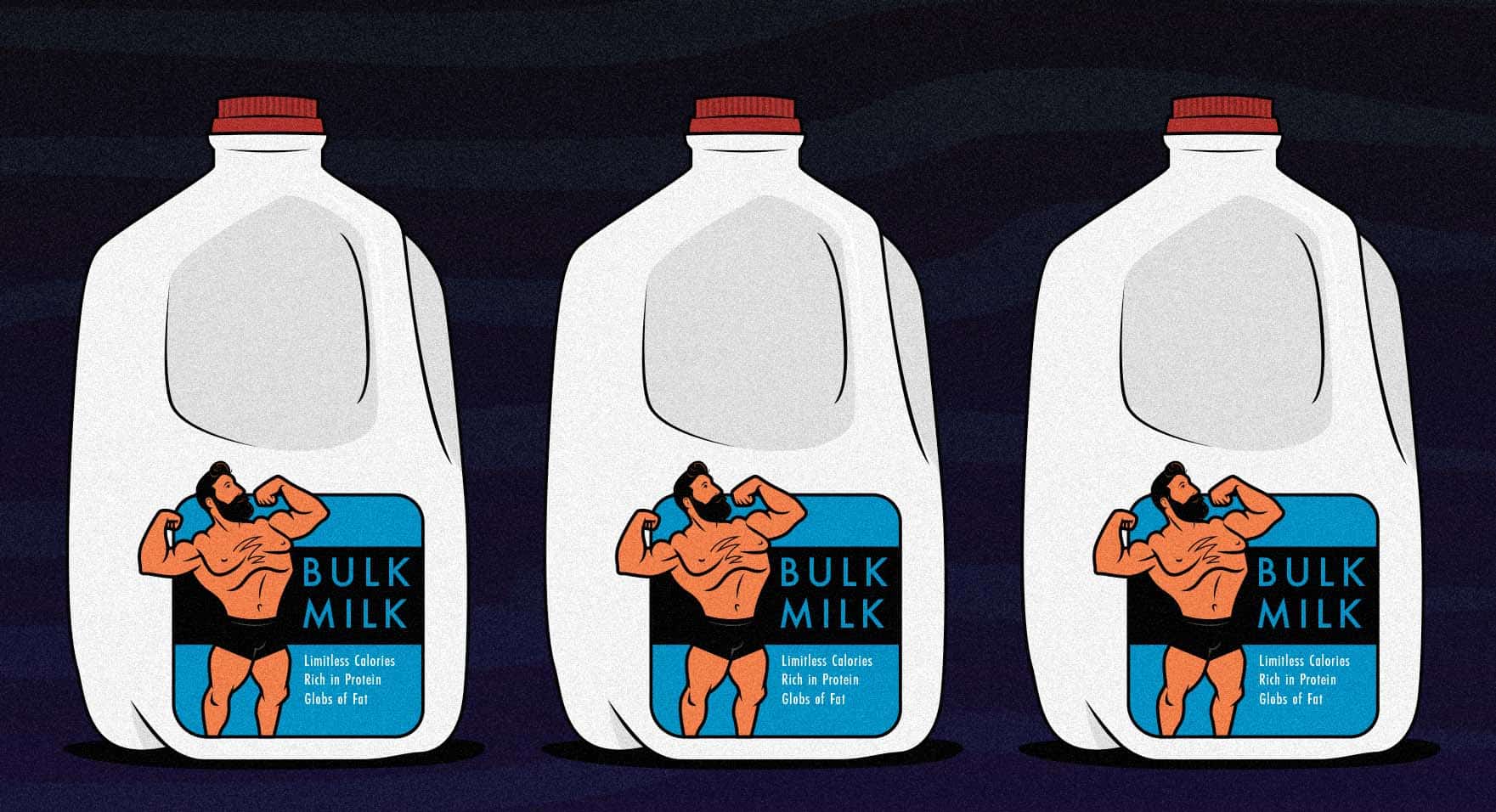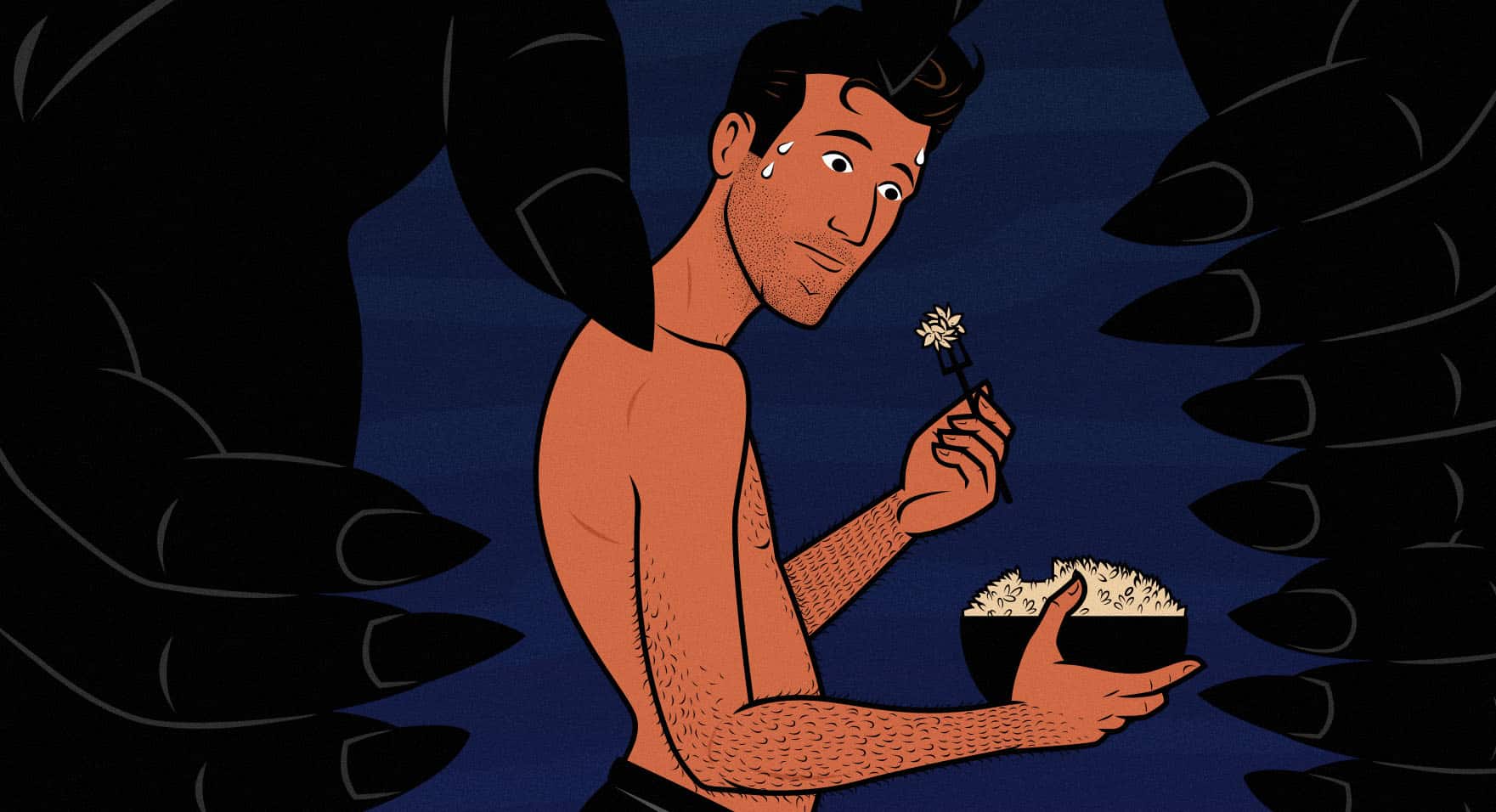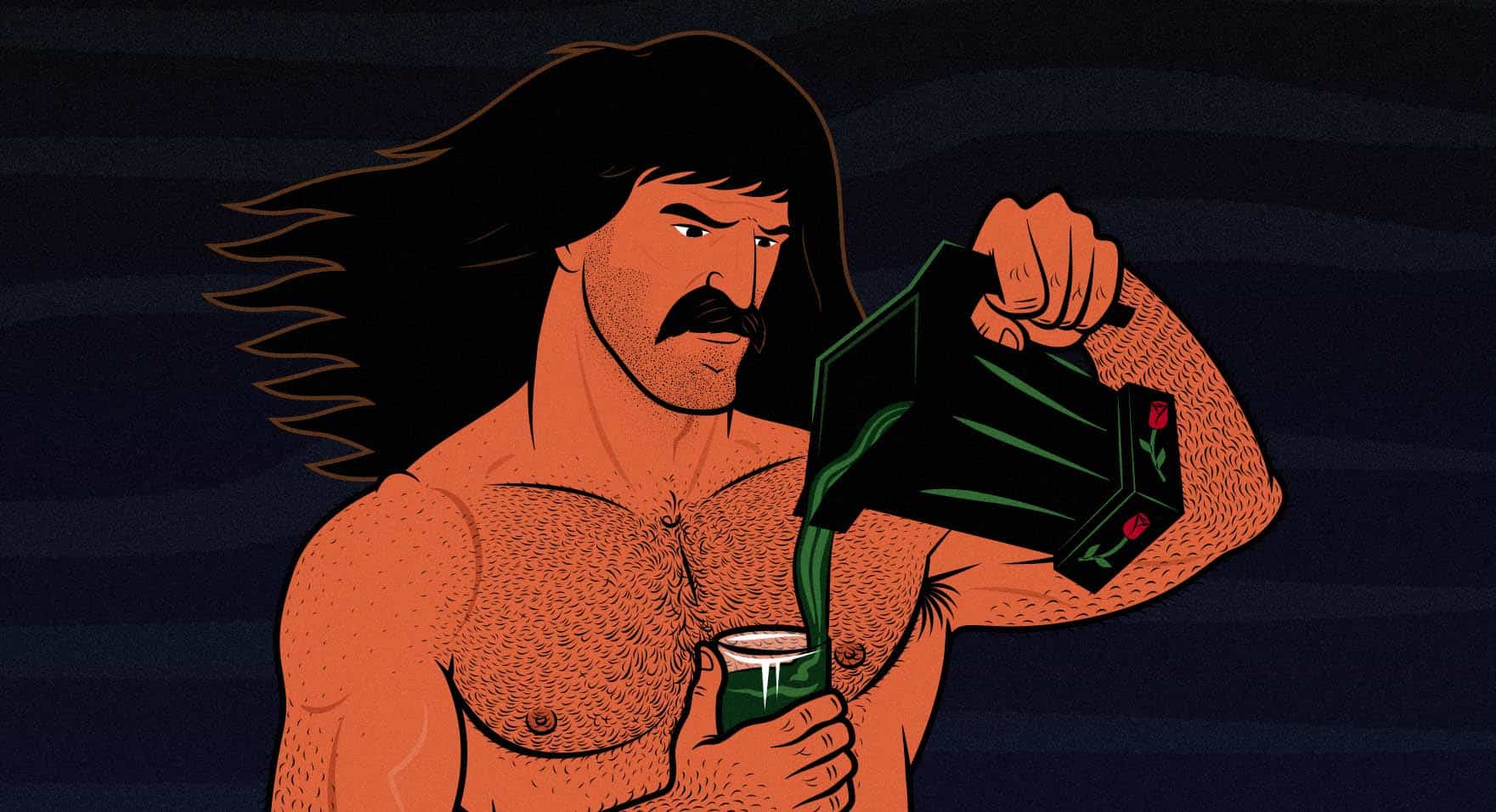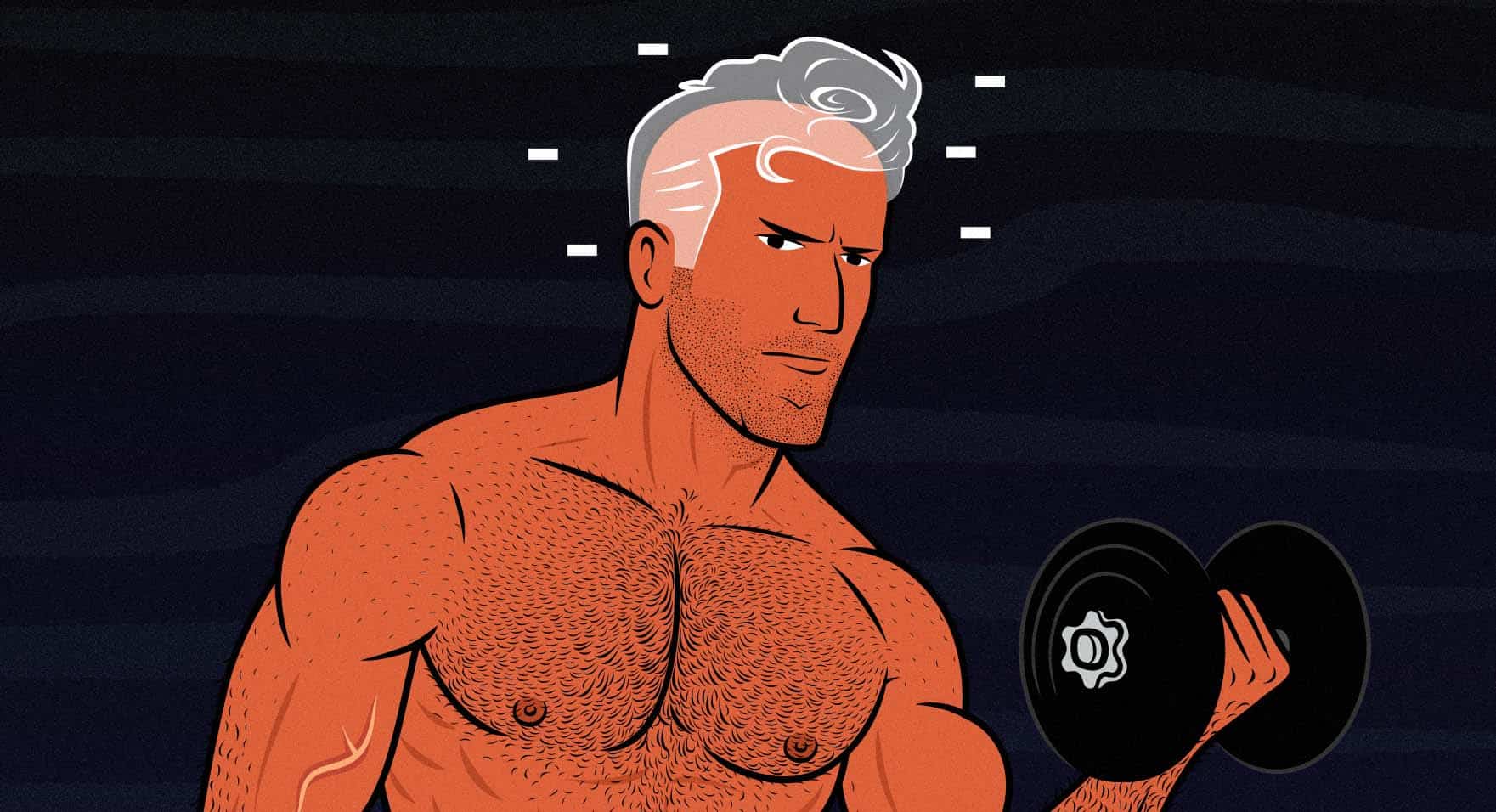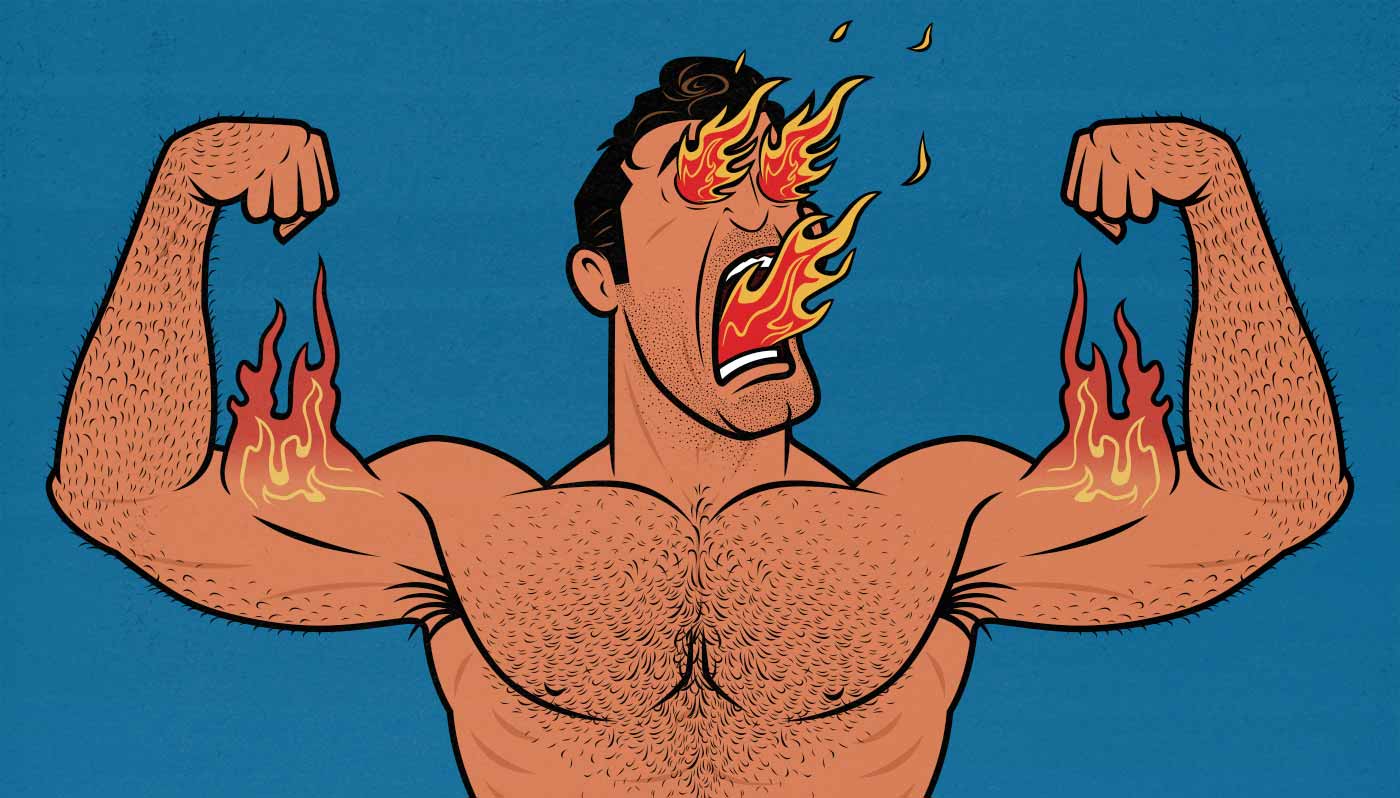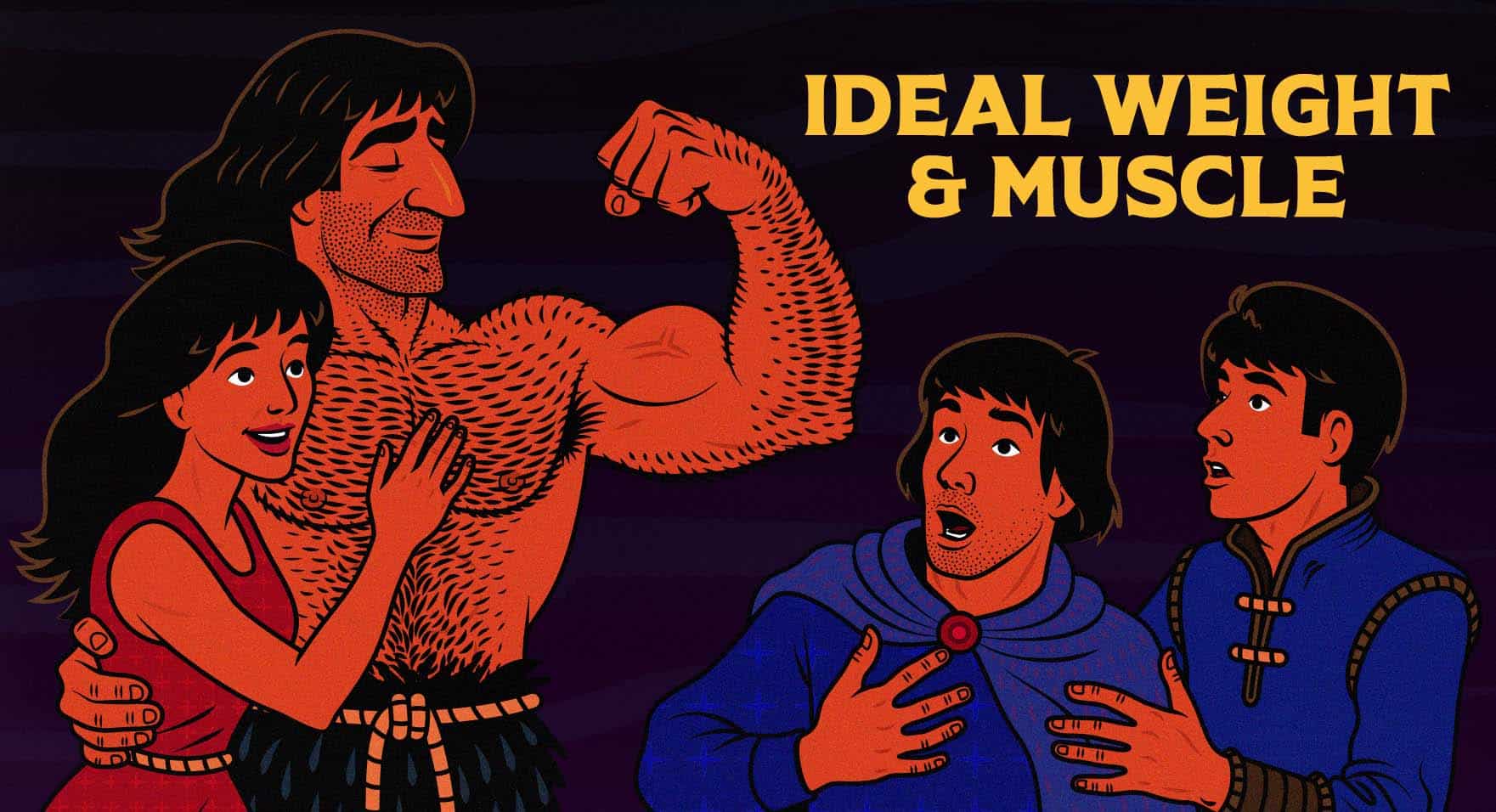Articles
3-Day Full-Body Dumbbell Workout for Size, Strength & Aesthetics
This is a 3-day, full-body, dumbbell-only workout designed for building muscle. It’s perfect for beginners, but I’ll also give you more advanced dumbbell exercises you can swap in as you get stronger.
You can do the full workout routine with just a pair of adjustable dumbbells, but if you have a workout bench and pull-up bar, we’ll take advantage of those, too. If you don’t, I’ll show you how to train the same muscles with just dumbbells.
The workout is simple, but it’s deceptively effective. It follows all the same principles we’ve used to train college, professional, and Olympic athletes.
Read MoreIs Cutting Healthy? The Hidden Harms and Benefits of Fat Loss
A couple of months ago, I noticed my lifting belt was getting a bit tight. I wanted to lose that extra bit of fat, but I didn’t want to go on a long cut. So, I decided to do a quick “mini-cut,” going into a deep calorie deficit for a few weeks.
It worked. I lost 12 pounds, going from 200 down to 188 pounds, and bringing my waist size from 34 inches down to 31 inches. Then I reinflated a little bit over the next couple of weeks, leaving me at 192 pounds, still just as strong as when I started.
But the huge calorie deficit felt unhealthy. I felt anxious and tired. And my middle-aged vanity started attacking me from angles I wasn’t used to. I started wondering if it would affect my hair, skin, and face. I worried I might be flirting with health risks.
So, I brushed up on my fat-loss research, and I discovered some interesting things.
Read MoreIs Milk Good for Bulking? (What About GOMAD?)
Milk is one of the easiest sources of calories and protein, making it great for bulking. Adding a glass or two of milk to your diet might be all it takes to slip into an easy calorie surplus. That’s especially handy for skinny people (like me) who have a hard time eating enough calories to gain weight.
Milk is also a rich source of micronutrients, including the obvious ones, like calcium. More interestingly, it seems to have other unique muscle-building properties. More on that in a second.
The problem is that if you drink too much milk, you may find yourself gaining quite a lot of fat (study). In fact, drinking a gallon of milk a day (GOMAD) is so infamous for making guys fat. It’s the classic “dreamer bulking” diet.
Read MoreIs Low-Fat or Whole-Fat Dairy Better for Bulking?
I know this is a bit of a niche topic, but it’s something almost every bulker will need to contend with at some point: should you be drinking skim milk or whole-fat milk? What about the fat in cheese? And which type of yogurt should you buy?
There are two concerns with dairy fat:
- Dairy fat has calories, and if you eat too many calories, you’ll gain too much weight, and you’ll gain too much fat. If you’re bulking, this is a boon. It’s good to have easy sources of calories. But if you’re trying to cut back, by all means, go for low-fat dairy. You’ll get more protein with less fat.
- Dairy fat is high in saturated fat. This is the bigger and more controversial problem. Eating too much saturated fat can drive up blood cholesterol levels and markers of inflammation, increasing your risk of heart disease. But there’s some important nuance here.
Can Skinny People Get Type 2 Diabetes?
Skinny people can get type 2 diabetes, but it’s uncommon, and you can cut your risk down to almost nothing. Perhaps more importantly, the same lifestyle that prevents diabetes will improve almost every other aspect of your health (and appearance).
Marco has a degree in health sciences (BHSc) and is a certified nutrition coach. Cassandra is a registered nutritionist. Our specialty is working with naturally thin people, and we’ve been doing it full-time for the past 15 years. Of the tens of thousands of skinny clients we’ve worked with, almost none of them have struggled with insulin sensitivity or type 2 diabetes.
However, we wanted to be extra certain, so I spoke with two experts who specialize in diabetes: Dr. Karl Nadolsky, an endocrinologist, and Danny Lennon, a nutritionist on the Advisory Board of the Sports Nutrition Association.
Read MoreHow Many Meals Should You Eat Per Day While Bulking?
Bodybuilders used to think that they needed to eat seven meals per day while bulking. They thought that if they didn’t eat often enough, their bodies would shift into “starvation mode,” which would cause them to gain less muscle and store more body fat. Some of them would even wake up in the middle of the night to have a protein shake.
Now that intermittent fasting is becoming popular, that idea is starting to die out. Instead of eating seven meals per day, it’s common for bodybuilders to experiment with eating as few as 1–2 meals per day. But there’s a problem here, too. Going through periods of fasting slows down our muscle growth. (A couple of new studies also found that fasting can affect our hair.)
The good news about intermittent fasting becoming more popular is that there’s now quite a bit of research comparing different meal frequencies for muscle growth.
Read MoreThe Best Breakfast Recipes for Bulking: Quick, Easy, and Healthy
I’m a naturally skinny guy with a small stomach, and I wake up without much of an appetite. If I force down a big bulking breakfast, I tend to feel sluggish for a few hours. But if I skip breakfast, I fall behind on calories, and my stomach is small, so I have a hard time catching up later.
So, what I like to do is start with a light protein shake. Super quick, easy, and healthy, and I feel light and fresh afterwards. Then I give my appetite some time to wake up, and I have a smoothie or a snack a couple of hours later. That’s how I built all of my muscle.
I’ll give you both of those recipes, and then I’ll give you some other classic bulking breakfasts that have been popular with clients over the past 15 years.
Read MoreIntermittent Fasting May Cause Hair Loss: Research Explained
I was excited about intermittent fasting when it first started becoming popular. I don’t have an appetite when I wake up, and I love the feeling of black coffee on an empty stomach.
It didn’t work very well for me, though. I’m a naturally skinny guy with a small stomach and a smaller appetite. I started falling behind on protein and calories, and my afternoon and evening meals became uncomfortably large, which left me feeling sluggish. I also got acid reflux.
I have quite a few clients who enjoy fasting, though, so I keep up with the research. So far, it seems to have a neutral effect on health and fat loss (study). It seems to have a slightly negative effect on muscle gain, but mostly because fasting makes it hard to eat enough protein and calories. If you can eat enough, you’ll build muscle just fine.
This latest study is strange, though. It seems that intermittent fasting causes hair loss, at least in some people, under some circumstances.
Read MoreDoes Turkesterone Improve Muscle Growth? (Explaining the Scam)
Turkesterone is one of the most popular (and infamous) muscle-building supplements on the market. Joe Rogan, More Plates More Dates, and Vitruvian Physique have all discussed turkesterone’s benefits. Most famously of all, Greg Doucette touts the benefits of his turkesterone supplement (Turk Builder) several times per week to hundreds of thousands of people per video.
At first, the claim was that turkesterone could boost testosterone production, boosting muscle growth. However, there isn’t any research showing increases in testosterone. Also, it doesn’t bind to the androgen receptor, so you wouldn’t expect it to increase testosterone (study). When this came out, there was a marketing pivot. Now, it’s said to promote muscle growth via other pathways, such as stimulating the production of more IGF-1, increasing mTOR. More on that in a moment.
To get to the bottom of this, I started by speaking with Dr. Eric Trexler. He’s got a doctorate degree in sports science, has published over 30 strength and hypertrophy studies, and studies metabolism at Duke University.
We also have a few studies to review, including two new human trials on turkesterone.
And then there’s the drama: the scams, scandals, and redemption arcs.
We don’t sell turkesterone. No affiliate links.
Read MoreHow Muscular Should You Get? Ideal Male Body Weight & FFMI
I want to give you an idea about what body weight you should aim for. You’ll know exactly how much more muscle you should build, and exactly how much fat you should lose. You also know how heavy you should get when bulking, and how light you should get when cutting.
We’ll cover it from a few angles, going over the ideal BMI for your health, the amount of muscle women find most attractive, what men think looks the best, and also what’s best for different performance goals.
Read More
